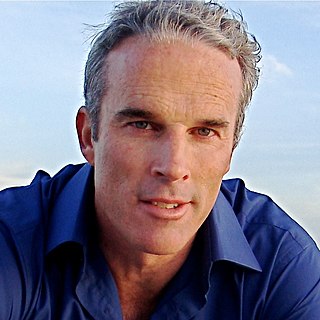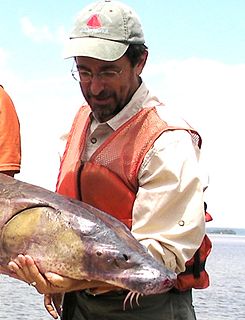A Quote by Ian Allison
Sea ice conditions have remained stable in Antarctica generally.
Quote Topics
Related Quotes
When I wrote a long story about the retreat of sea ice, I made clear it could go the other way for a while, and that doesn't mean we don't know that a warmer world will have less sea ice. It just means there's a lot of variability and people can pay too much attention to the big swings in one direction or the other.
Some 3 million years ago, when the earth was a little more than 3°C warmer than preindustrial levels (about 2.2°C warmer than today), Antarctica had far less ice and sea levels were a stunning 25 meters higher than today. If we stay on our current emissions path, the planet will almost certainly be that warm by the century's end.
Confusion conditions activity, which conditions consciousness, which conditions embodied personality, which conditions sensory experiences, which conditions impact, which conditions mood, which conditions craving, which conditions clinging, which conditions becoming, which conditions birth, which conditions aging and death.



































